Best movies like Our Struggle
A unique, carefully handpicked, selection of the best movies like Our Struggle Starring Kishore Kumar, Gauri Devi, Krishnakant, Bhojwani, and more. If you liked Our Struggle then you may also like: You're Telling Me, Native Land, Rabindranath Tagore, Raga, Jete Nahi Dibo and many more popular movies featured on this list. You can further filter the list even more or get a random selection from the list of similar movies, to make your selection even easier.
A stridently nationalistic story of India’s freedom struggle, presented through the experiences of a Bengali family from 1885, when the Indian National Congress was established, to 1947. Important events incorporated into the plot were Gandhi’s satyagraha (1920), the Simon Commission (1928), Vallabhbhai Patel’s Bardoli satyagraha (1928) and the 1942 Quit India agitations. Krishan Chander’s script, Sachin Shankar’s choreography and the acting styles owed much to the IPTA theatre of the 40s. The film, made at Bombay Talkies, was produced by the distributors of the Chicago Radio PA systems label. Kishore Kumar plays the militant hero of this quasi-documentary. Motwane included old documentary footage purchased from Kohinoor and Krishna Film, as well as a shot of Rabindranath Tagore singing his Jana Gana Mana composition, one of India’s national anthems (Arunkumar Roy’s Of Tagore and Cinema, 1994, traces this footage to Ufa, shot when Tagore visited Munich)
You may filter the list of movies on this page for a more refined, personalized selection of movies.
Still not sure what to watch click the recommend buttun below to get a movie recommendation selected from all the movies on this list
Native Land
By the start of World War II, Paul Robeson had given up his lucrative mainstream work to participate in more socially progressive film and stage productions. Robeson committed his support to Paul Strand and Leo Hurwitz’s political semidocumentary Native Land. With Robeson’s narration and songs, this beautifully shot and edited film exposes violations of Americans’ civil liberties and is a call to action for exploited workers around the country. Scarcely shown since its debut, Native Land represents Robeson’s shift from narrative cinema to the leftist documentaries that would define the final chapter of his controversial film career.
Rabindranath Tagore
Docudrama about the life of Rabindranath Tagore, Indian polymath—poet, writer, playwright, composer, philosopher, social reformer and painter, who reshaped Bengali literature and music as well as Indian art, becoming in 1913 the first non-European and the first lyricist to win the Nobel Prize in Literature. The film was released during Tagore's birth centenary year.
Raga
A Film Journey to the Soul of India documents the life of sitar master Ravi Shankar in the late 1960s and early 1970s, following him on his return to India to revisit his guru, Bengali multi-instrumentalist and composer, Baba Ustad Allauddin Khan. It further explores Shankar's life as a musician and teacher in the United States and Europe, initiating those in the West to the exceptional world that is Indian classical music and culture. Through rare and candid footage shot in both India and the United States, Raga sheds light on Shankar's influences and collaborations, from Allauddin Khan to his famed dancer brother Uday Shankar, to his associations with Western musicians Yehudi Menuhin and George Harrison. Fully narrated by Shankar himself, the film reveals music as the soul of India and of Shankar's life.
Jete Nahi Dibo
Jete Nahi Dibo talks about the legendary Bengali actor Uttam Kumar`s contribution to the Indian film industry. It is a documentary feature film that narrates inspiring stories about his life and his struggles.
Kabuliwala
Rahmat, a middle-aged fruit seller from Afghanistan, comes to Calcutta to hawk his merchandise and befriends a small Bengali girl called Mini who reminds him of his own daughter back in Afghanistan. One day Rehmat receives news of his daughter’s illness and decides to return to Afghanistan. But before he goes a violent fight with a customer leads to Rehmat killing him. He gets out of prison ten years later. Based on a Rabindranath Tagore story.
Badal
Badal is a victim of the 1984 riots, brought up by a terrorist. Badal aims to kill the treacherous police officer who had killed his parents and his loving sister. He takes shelter in the house of an honest police officer and falls in love with a minister's granddaughter. Will he be able to accomplish his revenge?
Gandhi, My Father
With Gandhi My Father, producer Anil Kapoor and director Feroz Abbas Khan have shed light onto Gandhi the person, rather than Gandhi the icon. Using Gandhi’s political career as a canvas, the film paints a picture of his intricate, complex, and strained relationship with his son Harilal Gandhi.
Lage Raho Munna Bhai
Lovable goon Munna falls for a morning radio host by the name of Jahnvi, who also runs an elders' home which an unscrupulous builder seeks to attain. In order to gain Jahnvi’s attention, he cheats his way to winning a Mahatma Gandhi radio quiz. When Jahnvi consequently expresses interest in Munna, he and his best friend Circuit attempt to keep up the facade.
Hotel Mumbai
Mumbai, India, November 26, 2008. While several terrorists spread hatred and death through the city, others attack the Taj Mahal Palace Hotel. Both hotel staff and guests risk their lives, making unthinkable sacrifices to protect themselves and keep everyone safe while help arrives.
I Am
I Am is a 2011 Indian anthology film by Onir. It consists of four short films: "Omar", "Afia", "Abhimanyu", and "Megha". Each film shares the common theme of fear and each is also based on real life stories. The film was financed by donations from more than 400 different people around the world, many of whom donated through social networking sites like Facebook. There are four stories but the characters are interwoven with each story. "Abhimanyu" is based on child abuse, "Omar" on gay rights, "Megha" is about Kashmiri Pandits and "Afia" deals with sperm donation. I Am was released with subtitles in all regions as six different languages are spoken in the film: Hindi, English, Kannada, Marathi, Bengali and Kashmiri.
Our Land
Set during one of India’s main peasant risings, the Telangana insurrection between 1945 and 1951 in the pre-Independence state of Hyderabad, the Bengali director’s first feature tells the story of Chander’s best-known novel (Jab Khet Jaage (1948)) from the peasant’s point of view. A young peasant, Ramiah, rebels against the corrupt rule of the nizam, and when his girlfriend has to submit to the potentate’s sexual coercion, Ramiah leaves. He befriends a Marxist activist (the rising was CPI-inspired) and participates in the Independence struggle.
Bombay Clipper
Someone has absconded with $4,000,000 worth of diamonds, and that someone may very well be a passenger on the Bombay Clipper.
1942: A Love Story
The son of a politician loyal to the British rule falls in love with the daughter of a freedom fighter.
Maine Gandhi Ko Nahin Mara
Once known for his intellectual prowess, a retired professor (Anupam Kher) begins experiencing memory gaps and periods of forgetfulness. But while he tries to laugh it off, it soon becomes clear that the symptoms are a sign of a more serious illness, prompting his grown daughter (Urmila Matondkar) to move in as his caretaker. Meanwhile, as his mind regresses, he recalls a traumatic childhood memory involving the death of Mahatma Gandhi.
Rustom
A naval officer is devastated to learn about his wife's extramarital affair with a rich businessman while he was away. He pays him a visit and shoots him to death, following which he surrenders himself but claims to be "not guilty" in the court, much to the surprise of the businessman's sister and the officers dealing with his case.
New Delhi
Complications, impersonations and moral dilemmas arise when a Punjabi pretends to be a Tamil in order to obtain accommodation in New Delhi. An eloquent and entertaining plea for national unity that manages to showcase several cultural traditions whilst encouraging people to laugh both with and at each other.
Mountains of the Moon
Chander Pahar follows Shankar Choudhury, a 20 year-old that takes a job working for the Uganda Railway, and winds up quitting his job in search of diamonds and the Kenya's Mountain of the Moon. Based on the popular Bengali adventure novel of the same name.
Gumnaami
Gumnaami is a film based on the Mukherjee Commission Hearings which happened from 1999 to 2005 where the three theories about Netaji Subhas Chandra Bose's death were discussed and debated. It is a dramatization of the hearings where an investigative journalist supporting the Gumnaami Baba theory locks horns with the official lawyer who supports the plane crash theory. In their clash, the Death in Russia theory also comes up.
Dr. Babasaheb Ambedkar
The movie tells the story of Dr. B. R. Ambedkar, known mainly for his contributions in shaping the Constitution of India, as the chairman of the Drafting Committee of the Indian Constituent Assembly. He dedicated his life to fight against the evils of untouchability.
Bombay Talkies
The play depicts the lives of seven people living in Mumbai, all with their own uniquely moving story. It tries to capture the essence of people living in the city through seven characters who have been strung together in a series of monologues. Stories about the ambitions of a child artist, the escape of a ridiculed wife into art, a single mother’s sacrifice of her life for the sake of her children, child abuse, a TV reporter’s regret of the media’s inability to celebrate positivism rather than sensationalism and negative news, a hilarious take on corruption by a broker and the west beckoning today’s youth are all interwoven. Each character, marked by failure and doubt are clearly self –censored. While they may communicate through candid expression, they subtly allude to greater truths.
Love Ni Bhavai
A popular radio personality with an aversion to love meets two men with differing views on romance.
Adhyaksha
Adhyaksha is a 2014 Indian Kannada language comedy film directed by Nanda Kishore. It stars Sharan, Heeba Patel, P. Ravi Shankar, Malavika Avinash, Chikkanna and Ramesh Bhat. It is a remake of the Tamil film Varuthapadatha Valibar Sangam. The music for the film and soundtracks were composed by Arjun Janya.
National Theatre Live: Allelujah!
Filmed live at London’s Bridge Theatre during its limited run. The Beth, an old fashioned cradle-to-grave hospital serving a town in Yorkshire, is threatened with closure as part of an efficiency drive. A documentary crew, eager to capture its fight for survival, follows the daily struggle to find beds on the Dusty Springfield Geriatric Ward, and the triumphs of the old people’s choir.
Ajmer 92
Based on true events, Ajmer 92 tells the story of the grim plight of as many as 250 girls who were trapped, sexually exploited and blackmailed for years by caretakers of Ajmer Dargah, including many influential men in the area and Indian National Congress leaders in the city of Ajmer in Rajasthan in 1992.
The Bong Connection
The film is based on the lives of Bengali's across the world, especially on those settled abroad. It attempts to delineate the pain and dilemma of Bengali's estranged from their places of origin. It seeks to explore sensitive souls singing to the tunes of Tagore.
Katyar Kaljat Ghusali
Katyar Kaljat Ghusli is a 2015 Marathi film based on a play by the same name. Directed by Subodh Bhave, the film stars Sachin Pilgaonkar, Shankar Mahadevan, and Subodh Bhave in lead roles. The film marks the acting debut for Mahadevan and directorial debut for Bhave. The original play premiered in 1967 in Mumbai, where Hindustani classical vocalist Vasantrao Deshpande played one of the protagonists. In 2010, the play was relaunched with protagonists essayed by Rahul Deshpande, grandson of Vasantrao Deshpande and singer Mahesh Kale. The film's music is composed by Shankar–Ehsaan–Loy, and retained some of the songs from the original play composed by Jitendra Abhisheki.
Aum Mangalam Singlem
Childhood friends and sweethearts are ready to get married. But they also want to experience being single before taking the plunge.
Sheser Golpo
Sheser Golpo is an Indian Bengali romantic drama film directed by Jiit Chakraborty. The film stars Soumitra Chatterjee as 'Amit Ray' and Mamata Shankar as 'Labanya', in the lead roles.
The Eleanor Roosevelt Story
An intimate and moving portrait of one of the most remarkable women in American history. It is the story of a lonely, unhappy child who became the most admired and respected woman in the world. Richard Kaplan's lively documentary reveals the human face behind the American icon, beginning with the emotional deprivation suffered by this plain, awkward little girl born into a socially prominent and powerful family. Though she would eventually marry a man who would look beyond her awkwardness, Eleanor was not content to be the proper, silent wife to her husband Franklin's extraordinary political career. Instead, she began a lifelong crusade to speak out about injustice and oppression in any form. Preserved by the Academy Film Archive in 2006.





















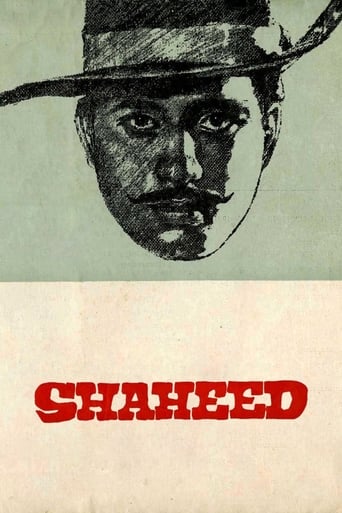



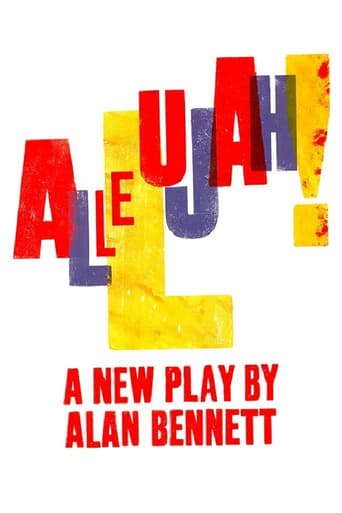






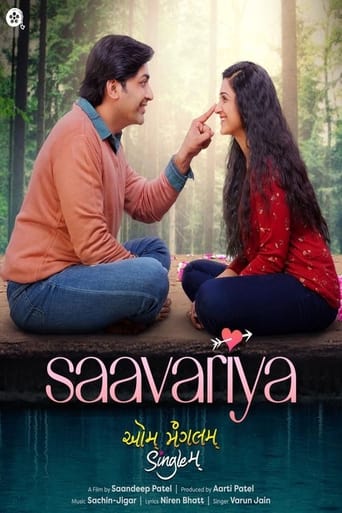

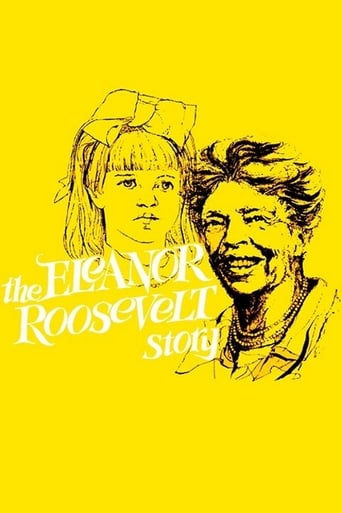

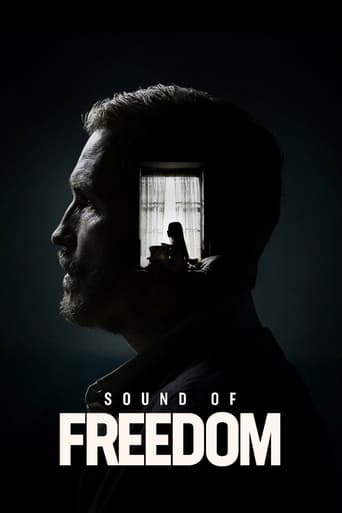

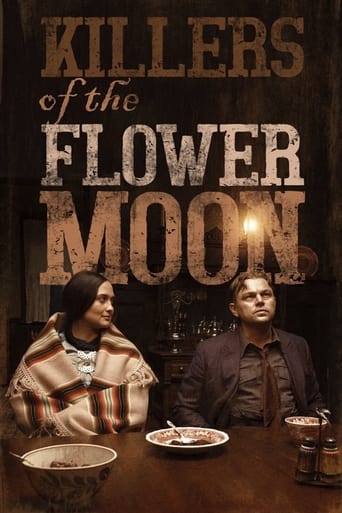
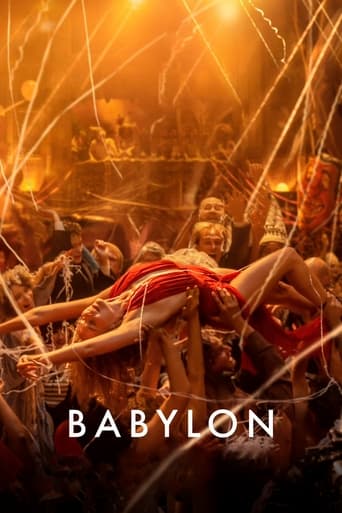
You're Telling Me
Hubert Abercrombie Gumm, a flighty, eccentric screwball acquires a job as an executive at a radio station at the insistence of his only-slightly less eccentric aunt Fannie Handley, who is married to one of the company owners. After mixing up the script pages to the various radio programs, Hubert sets out to get the name of a returning explorer on a contract for the radio station. Other than the title, this film has no connection at all to the 1934 W.C. Fields film of the same title even though some sources give the plot of the Fields' film as the plot of this film.